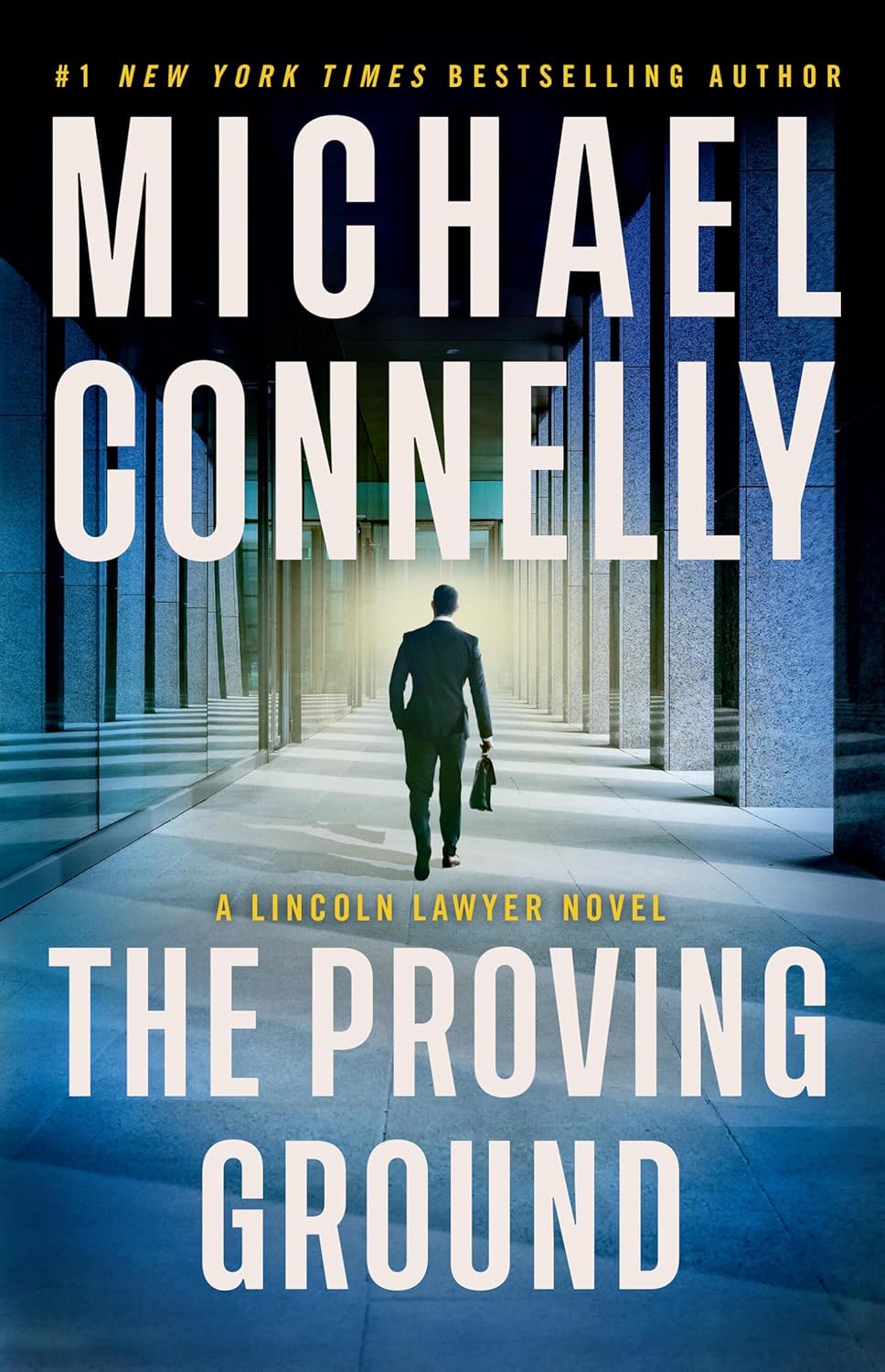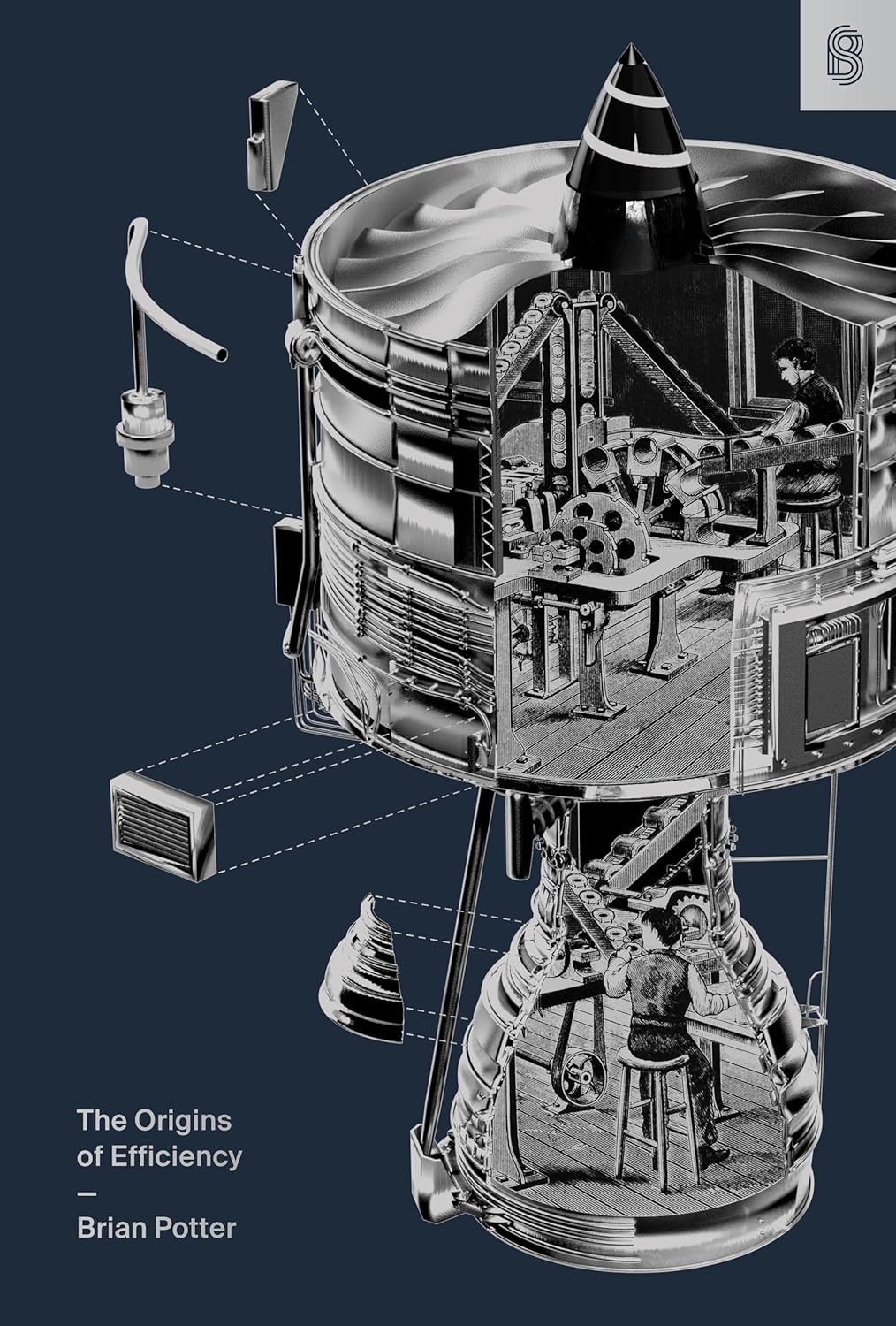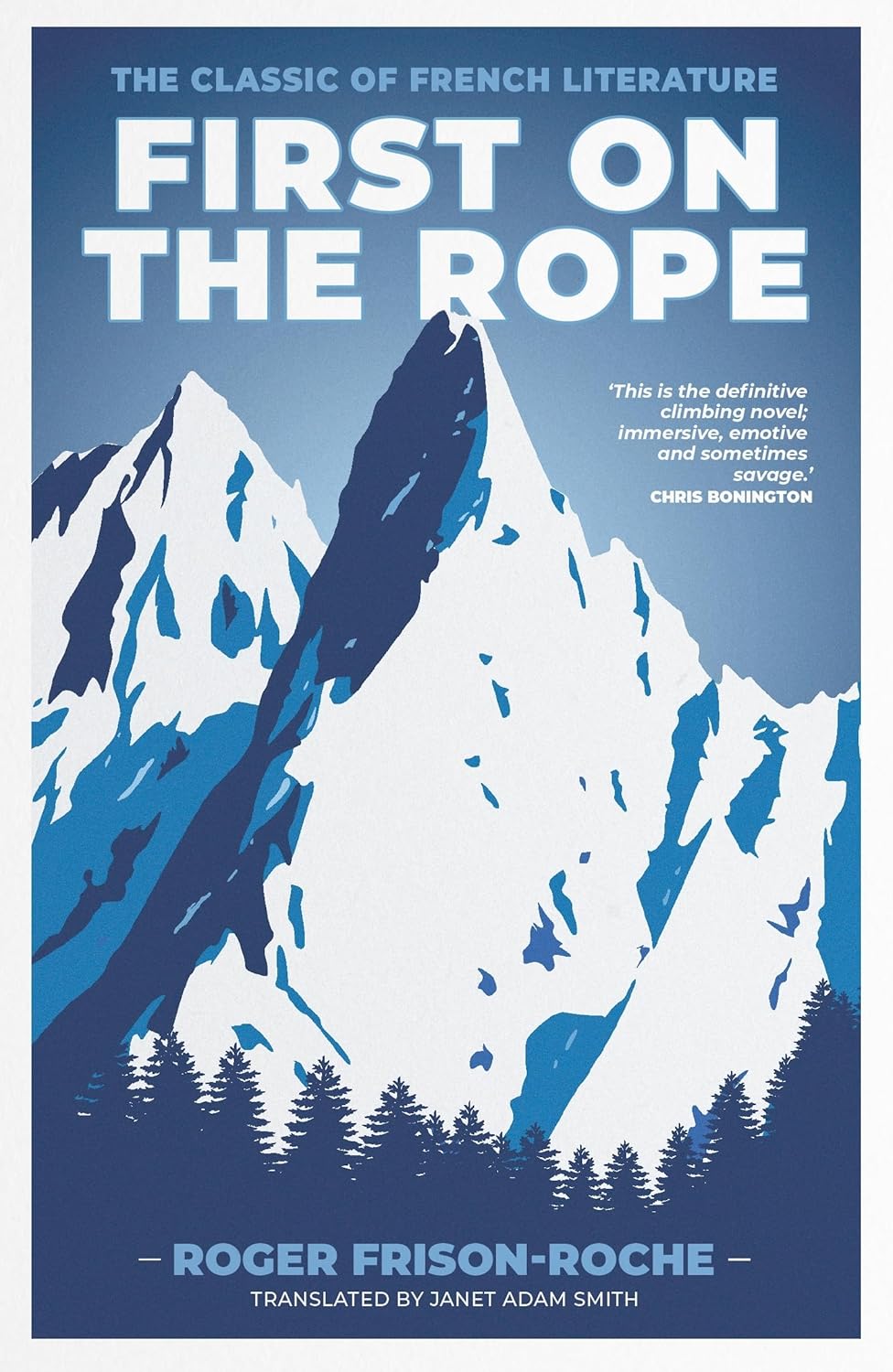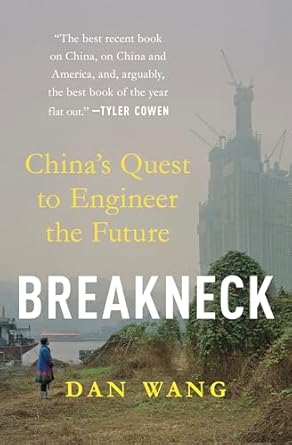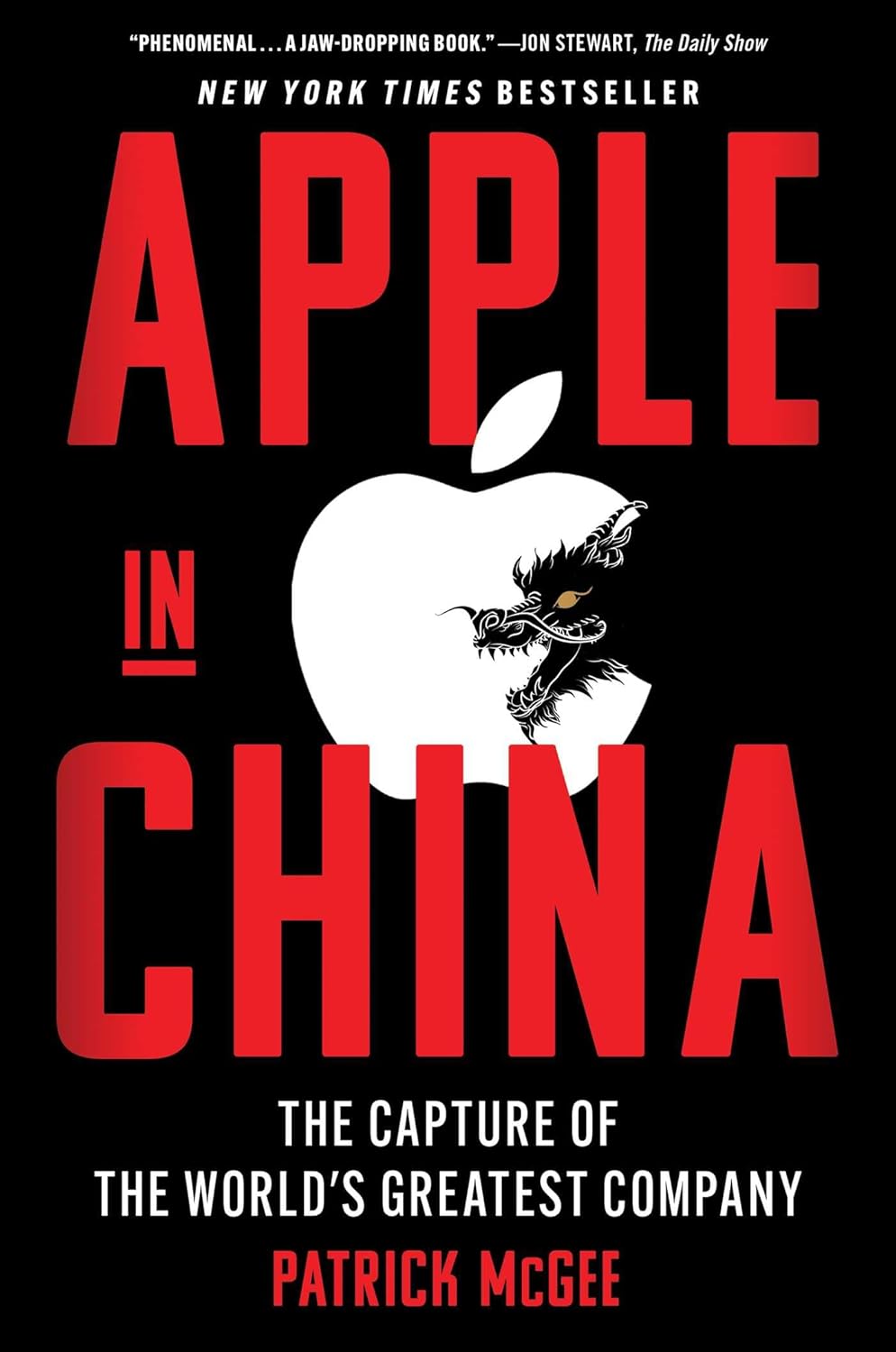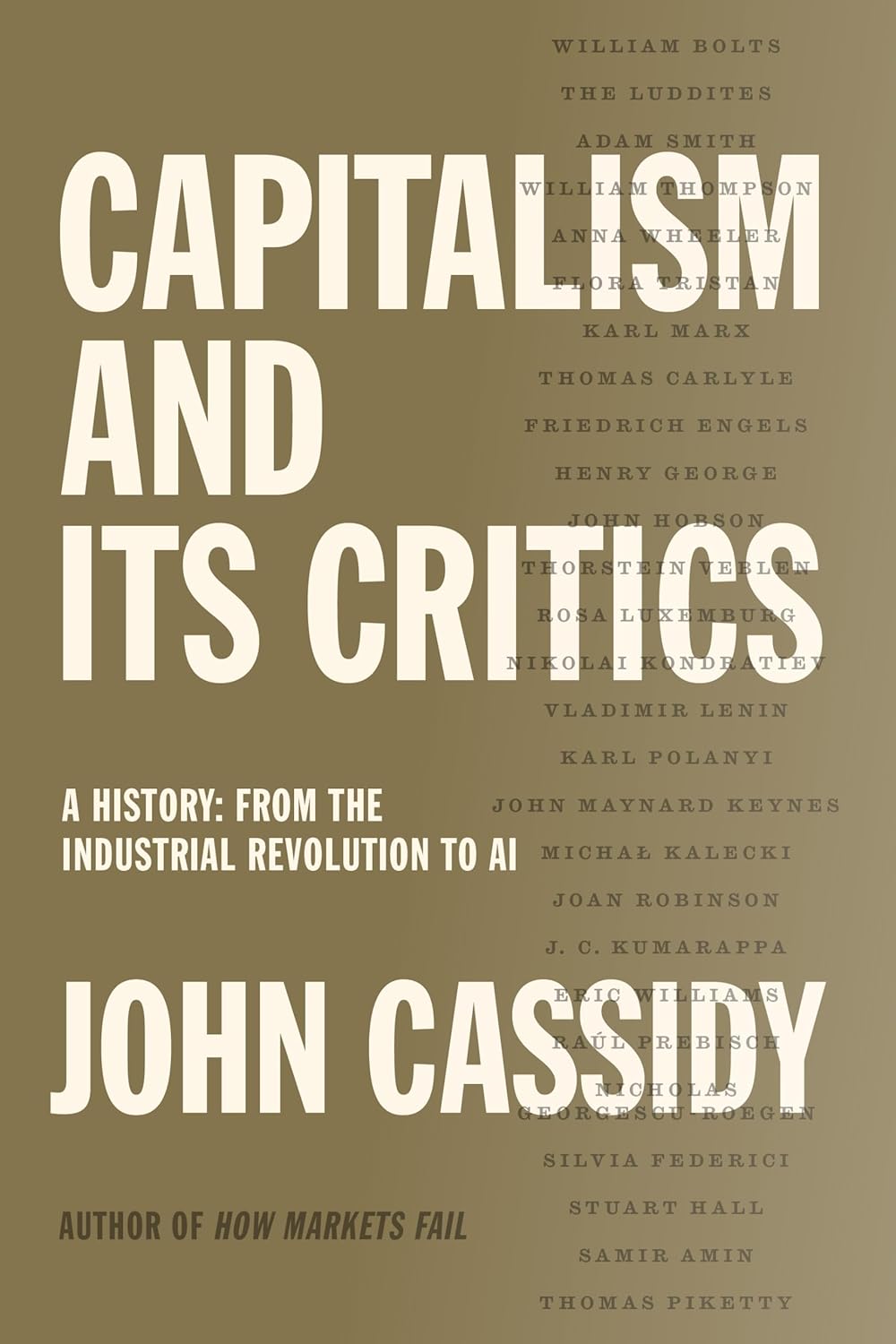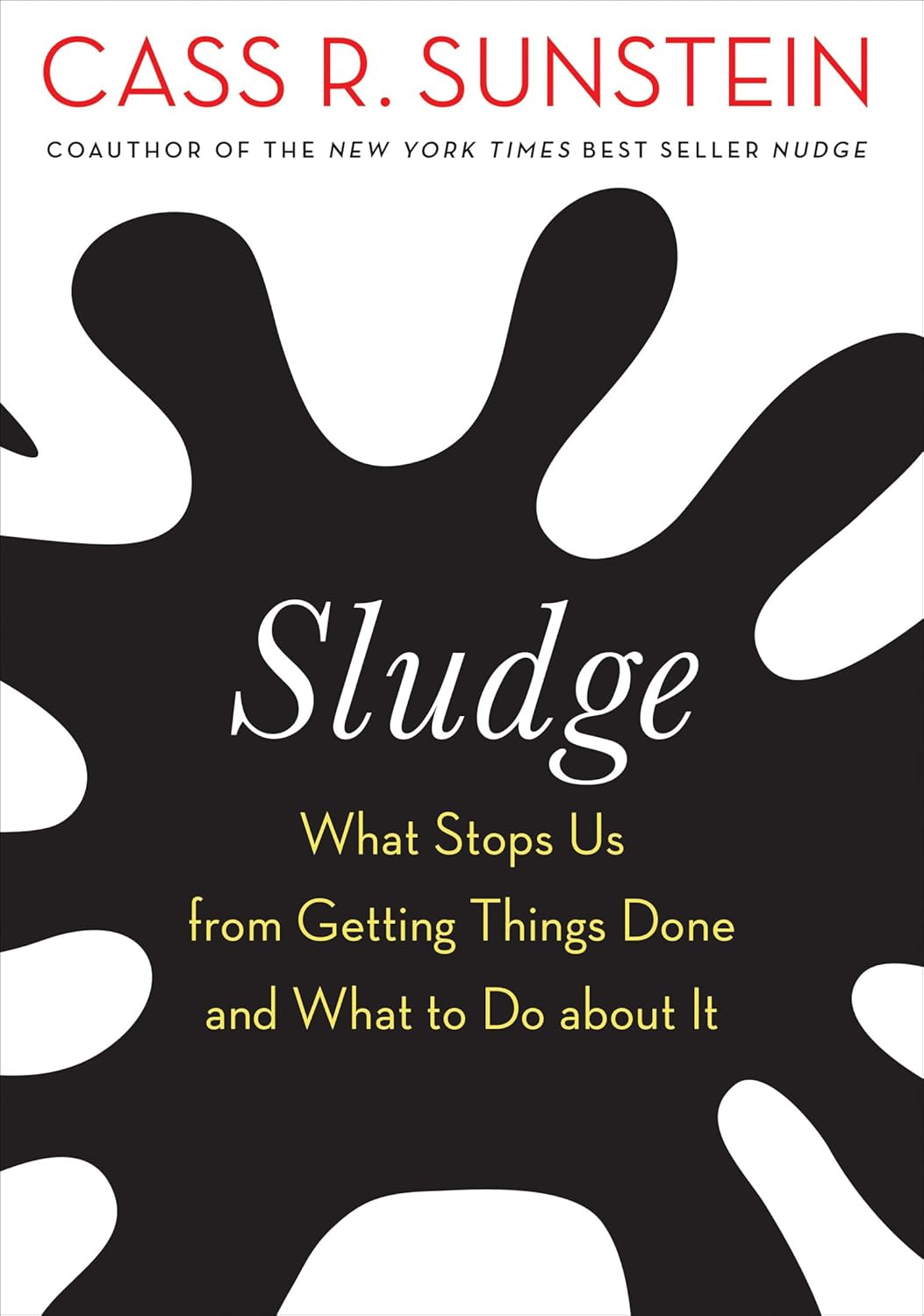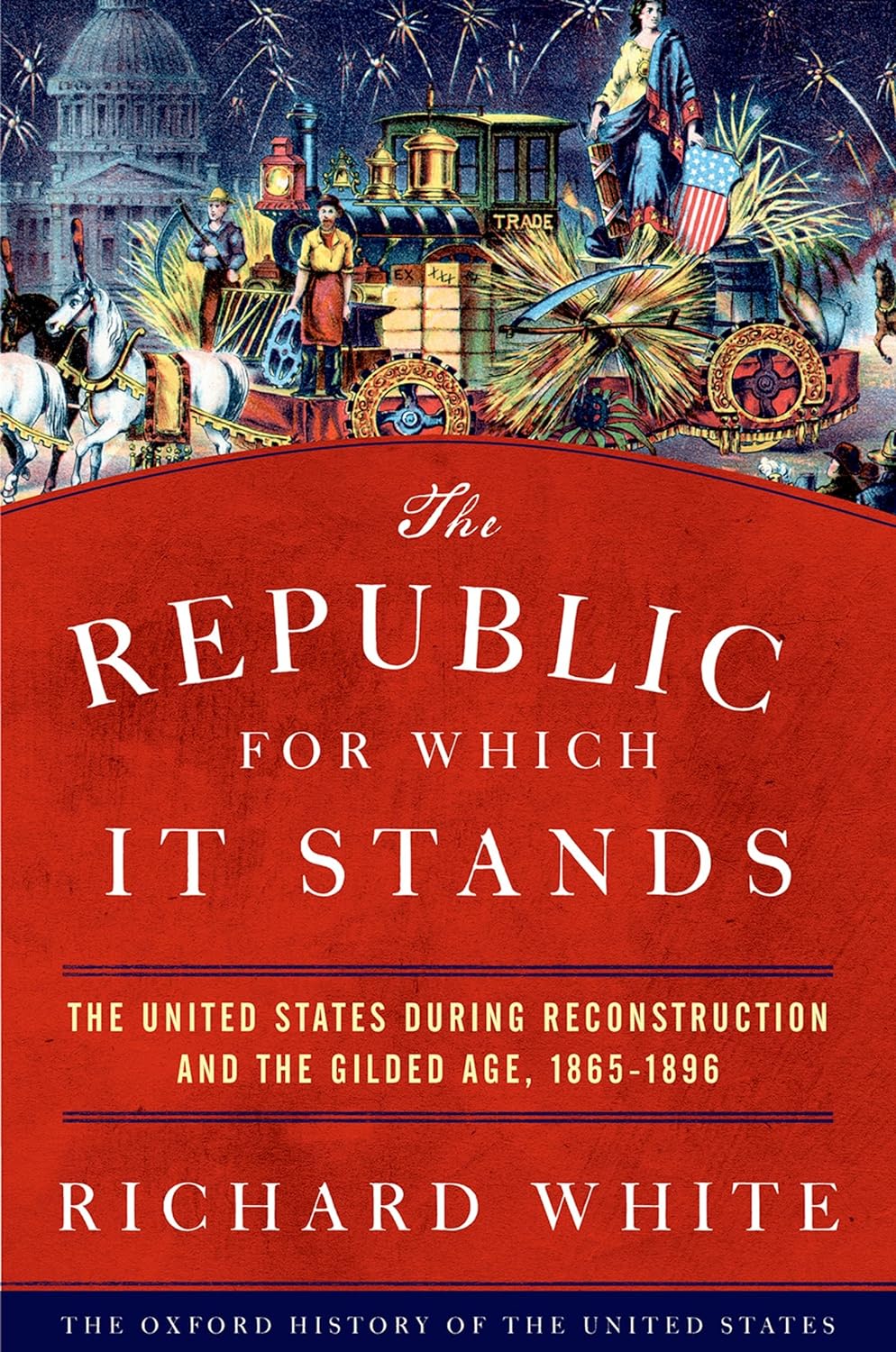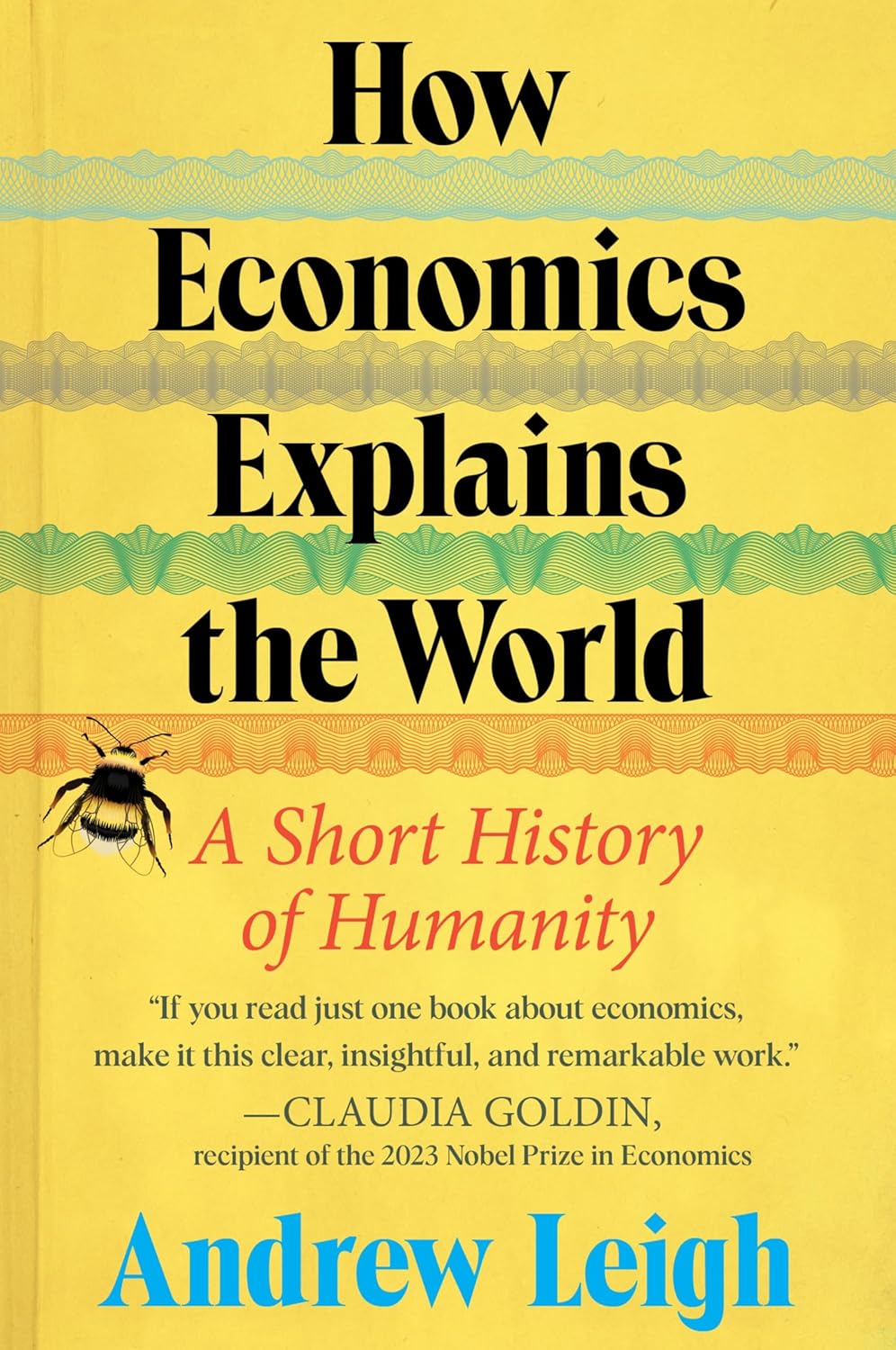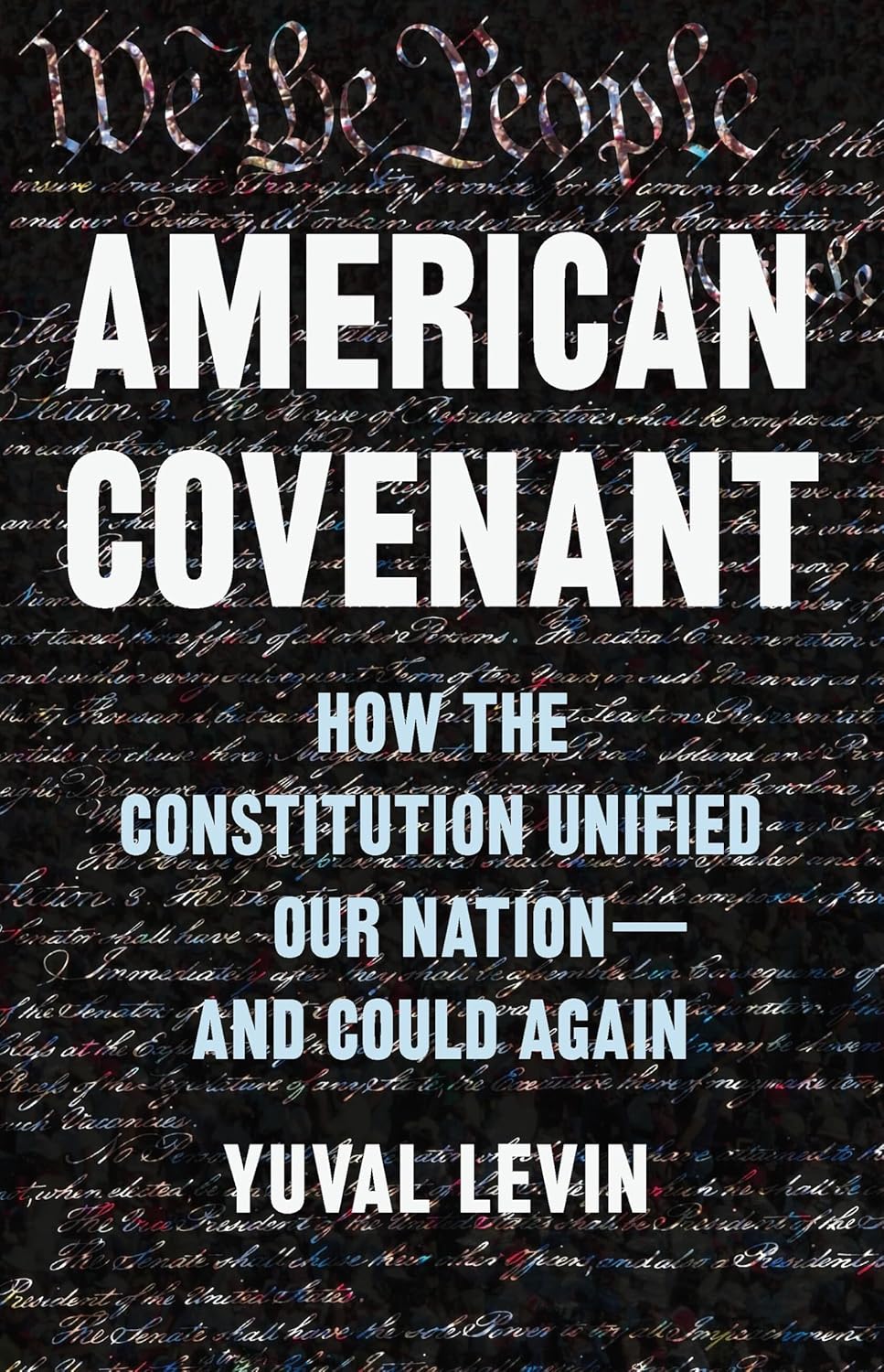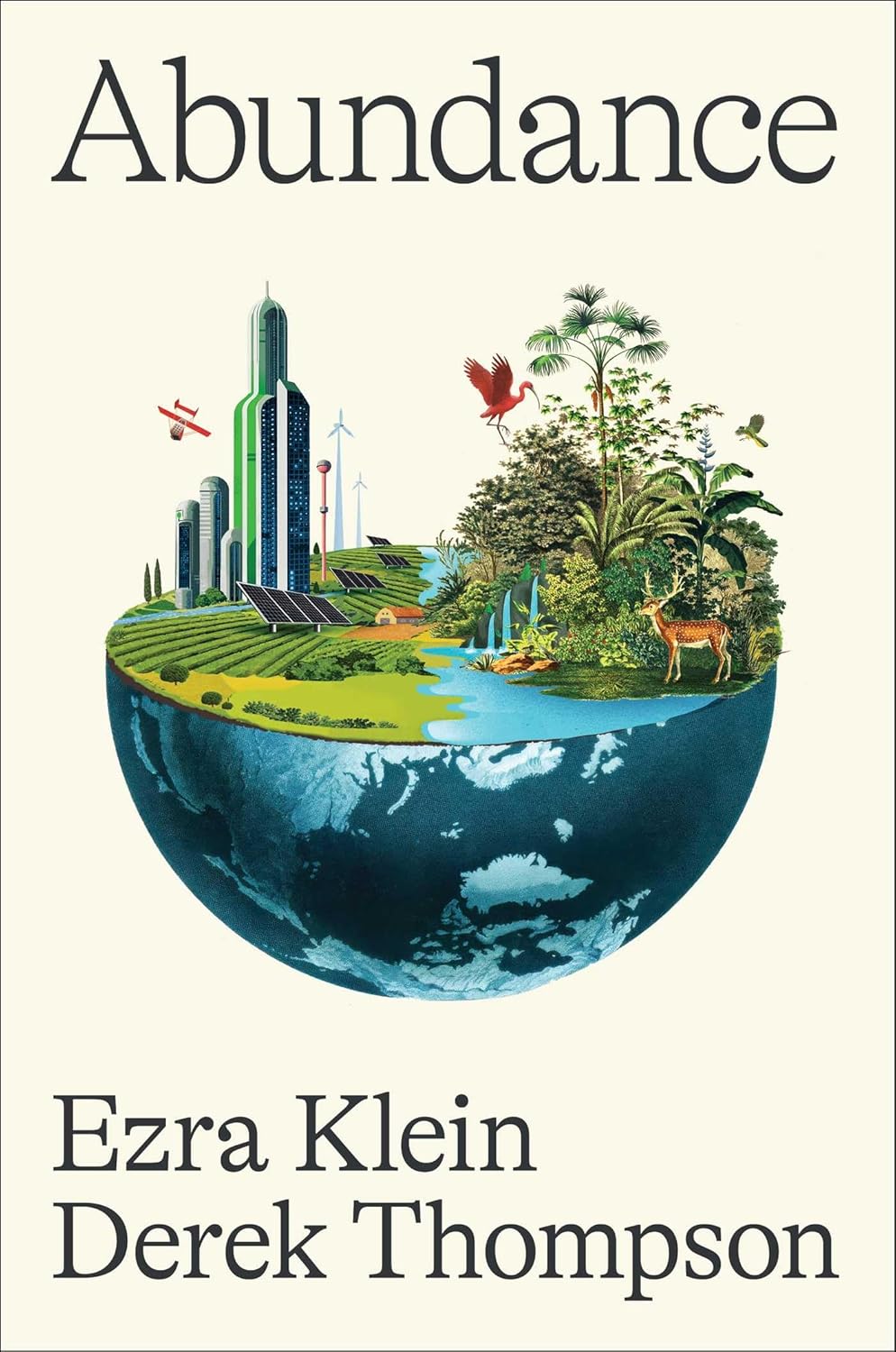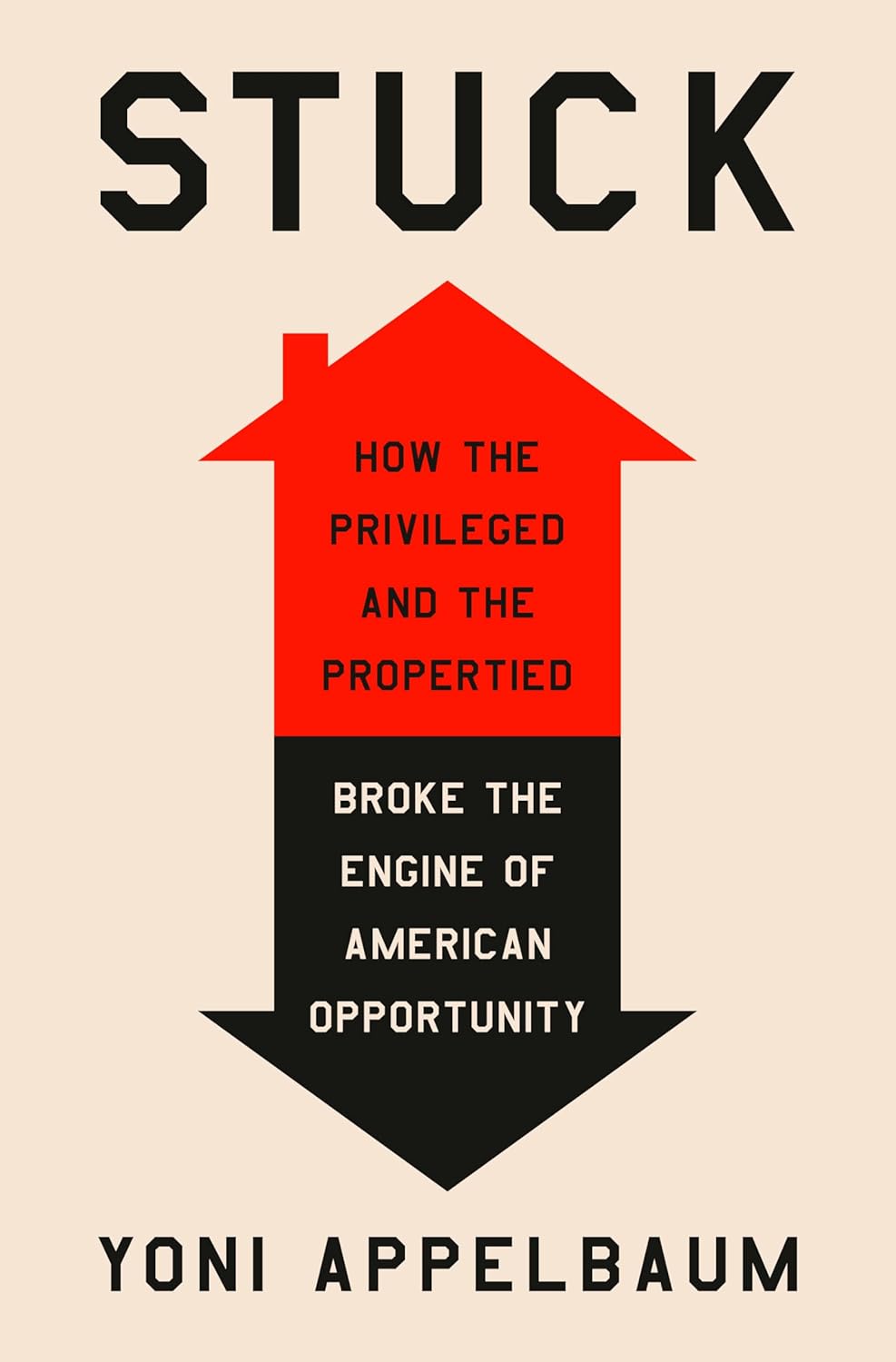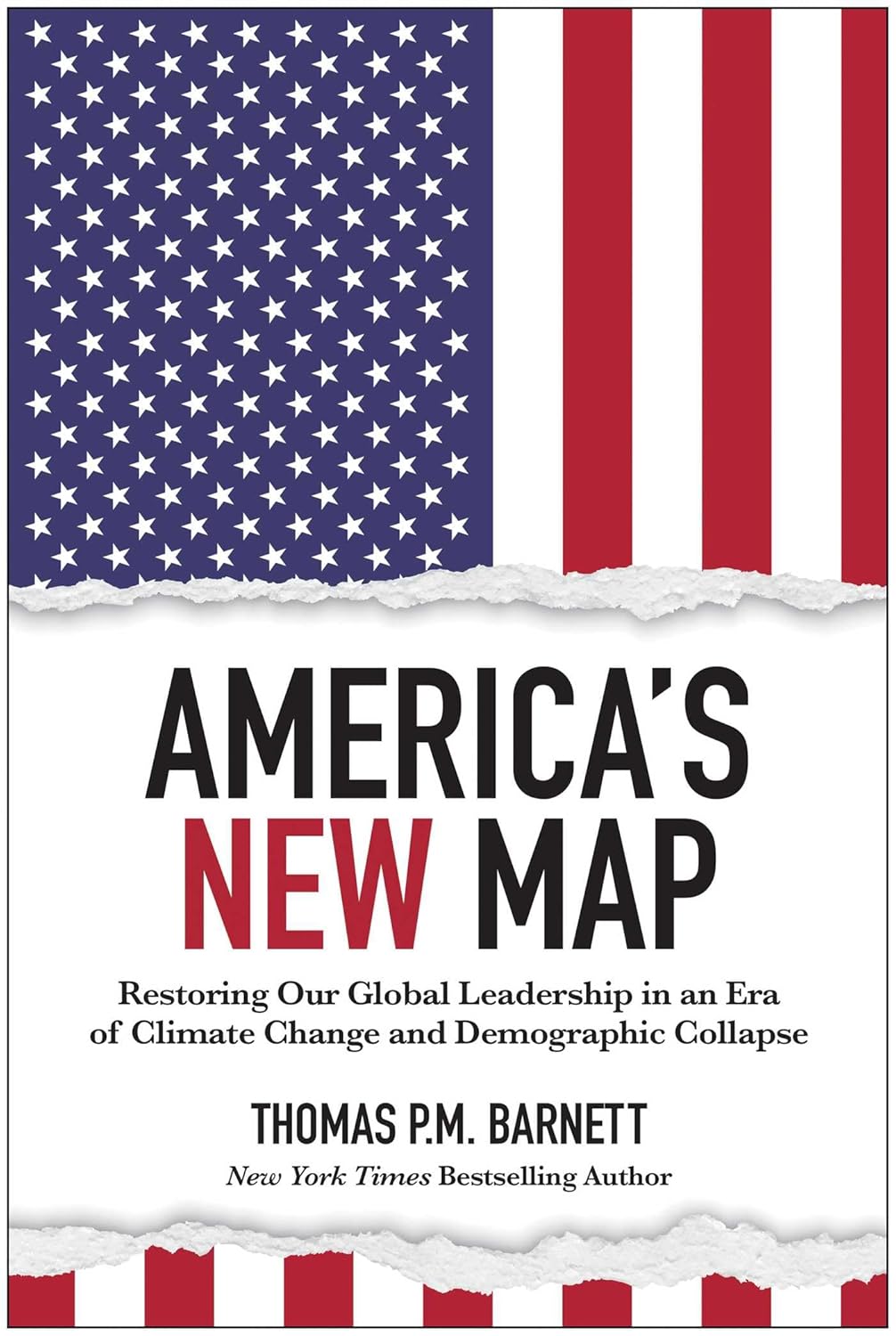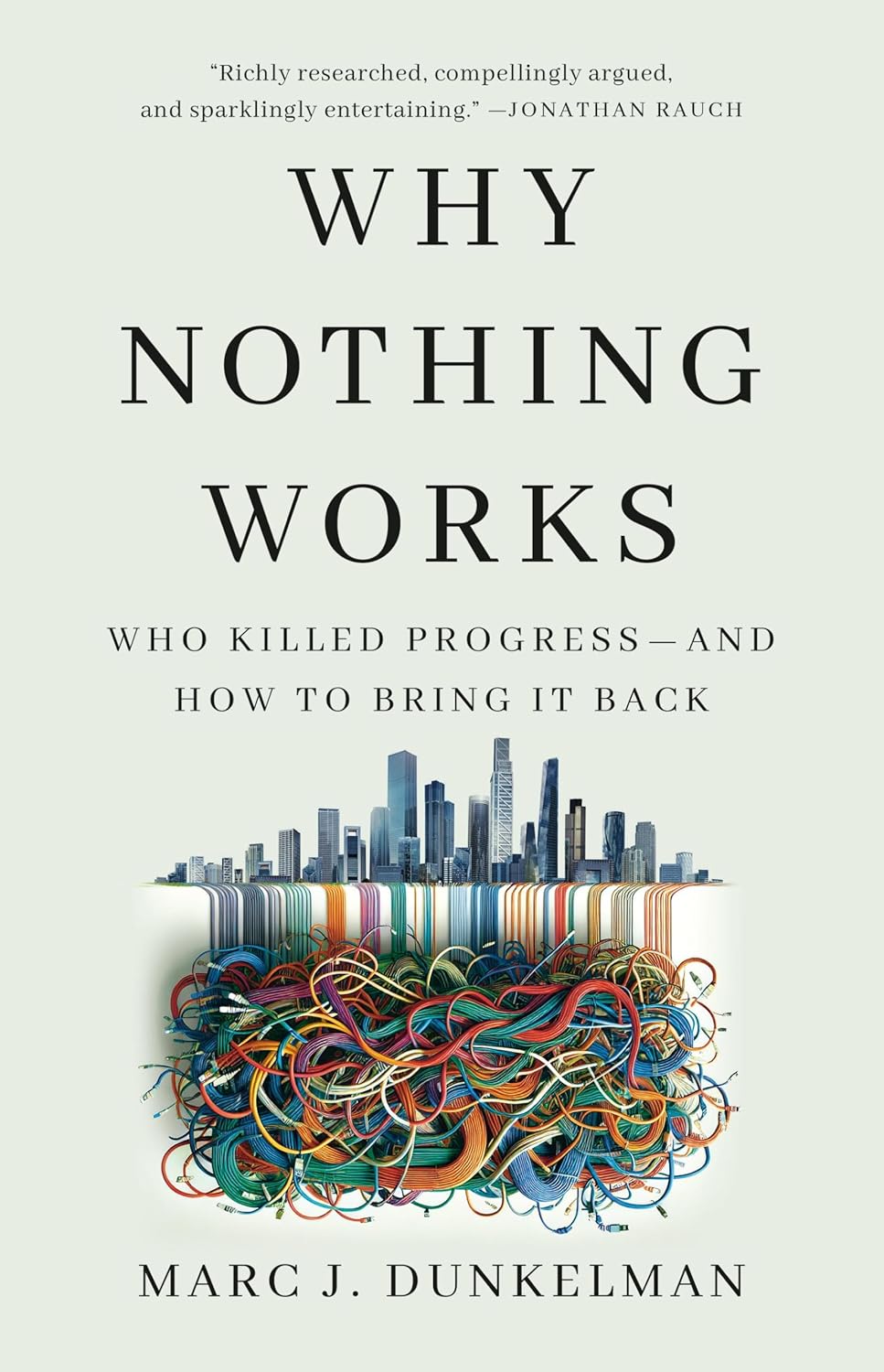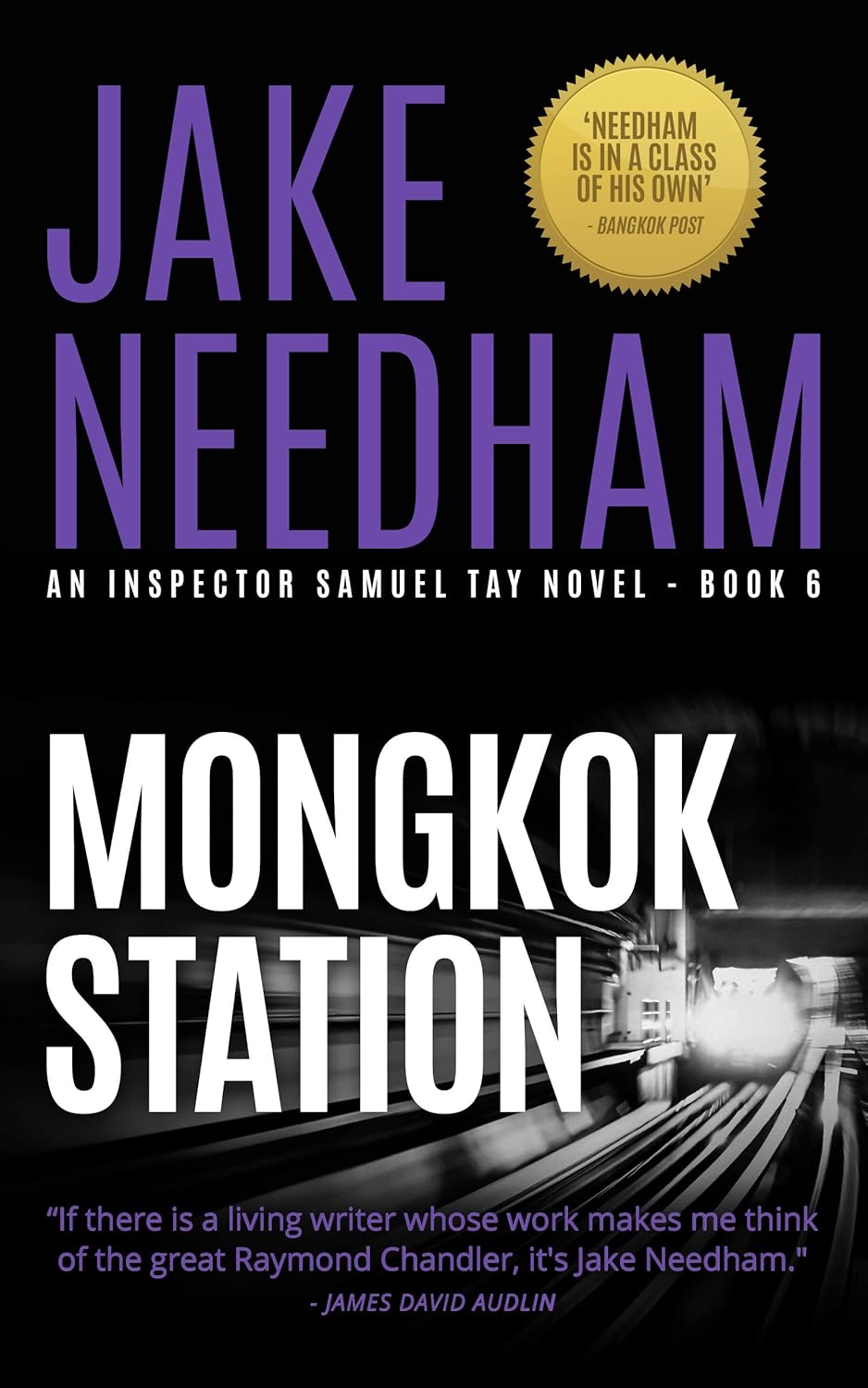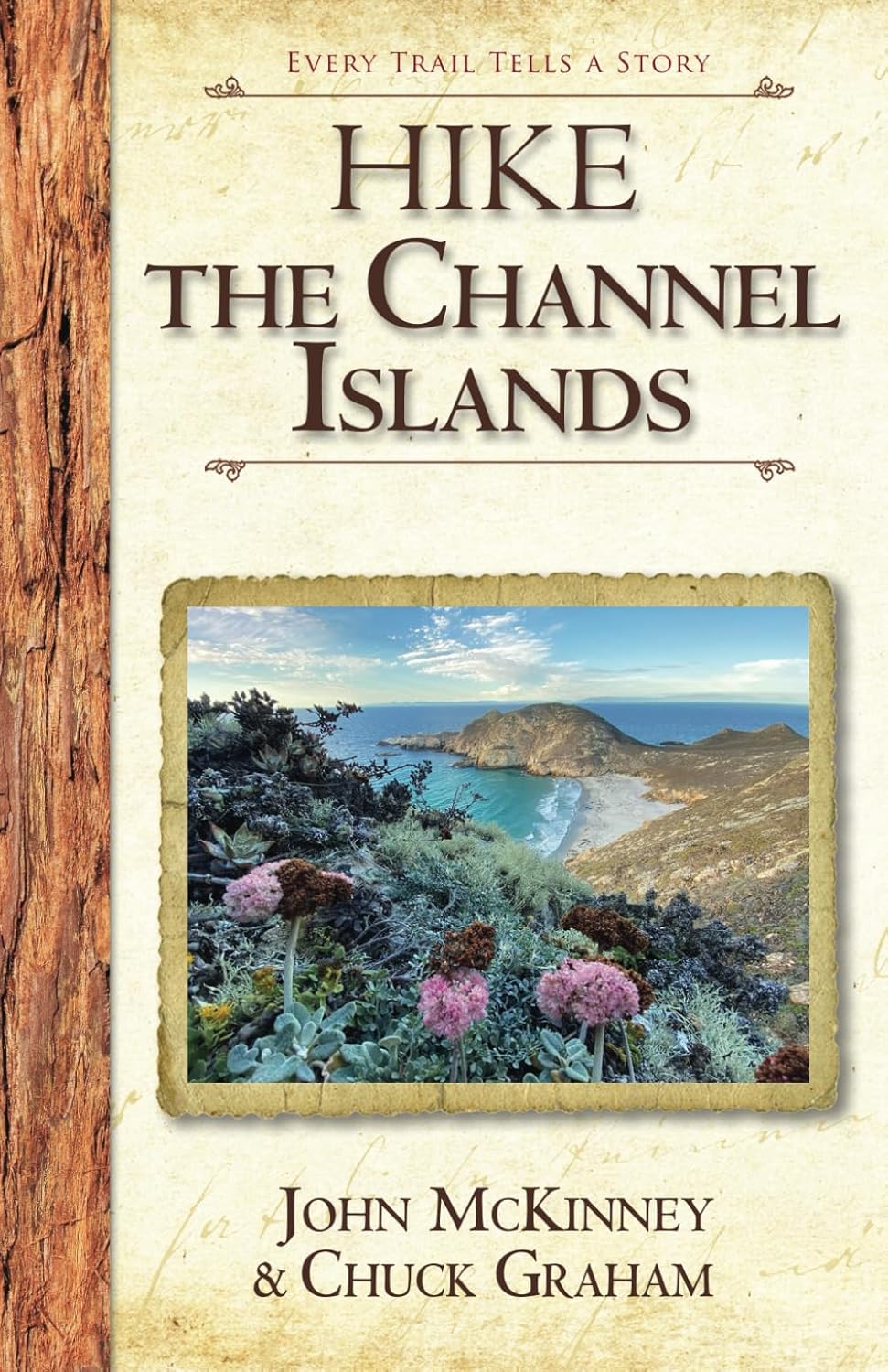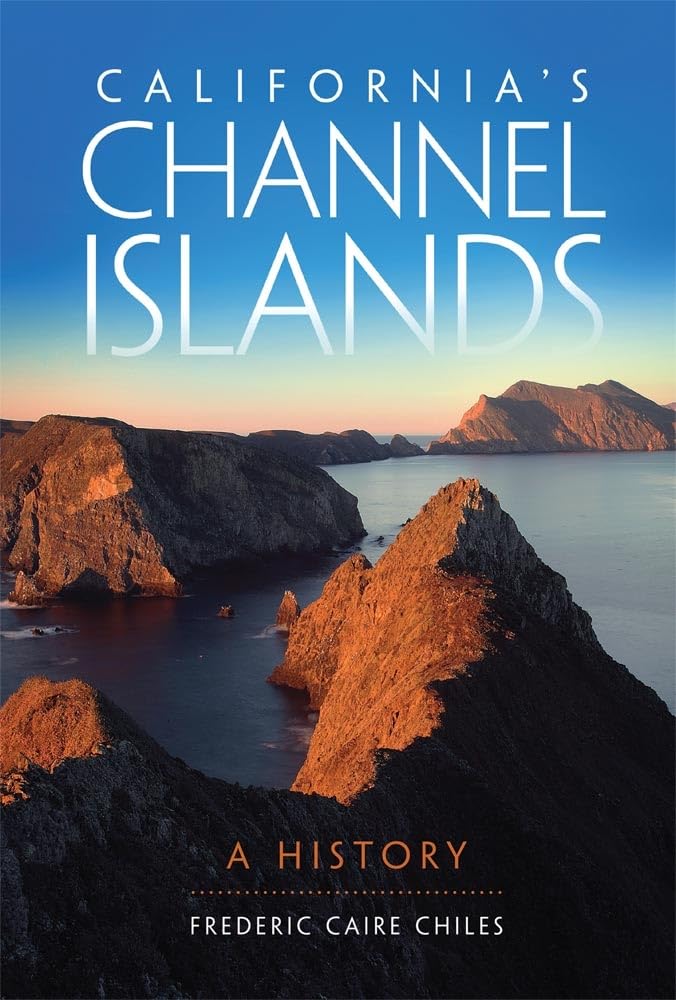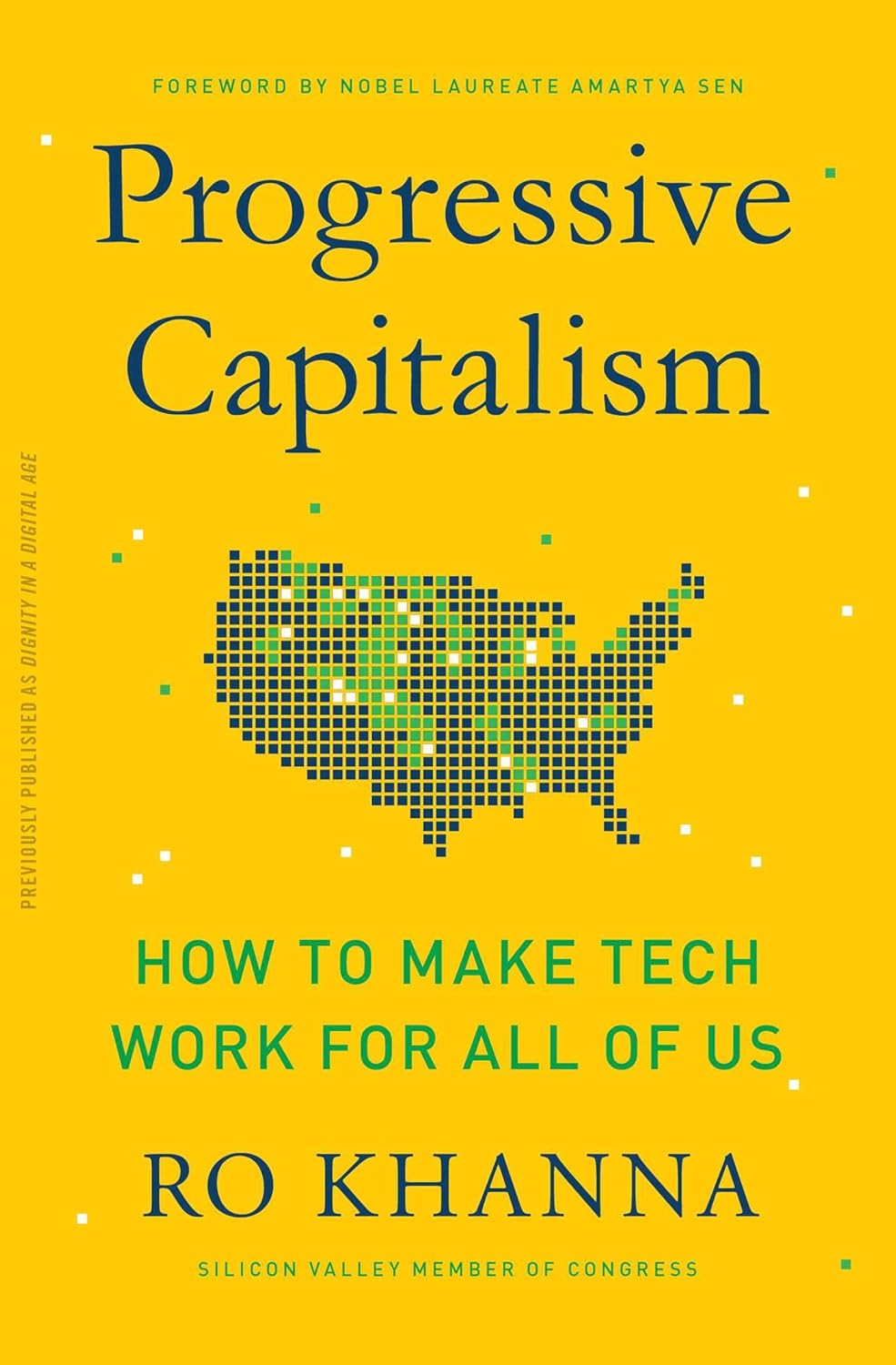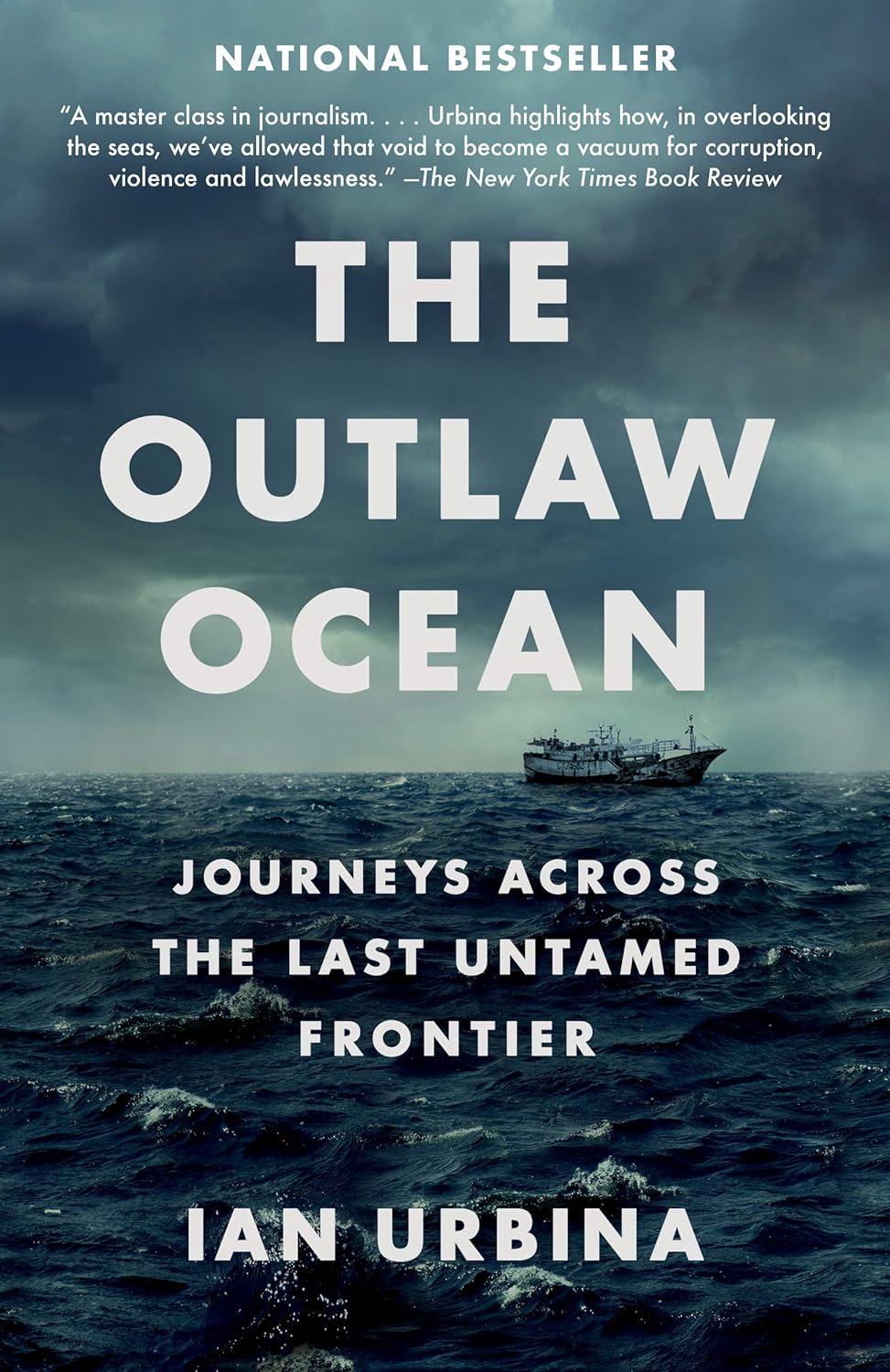Enshittification: Why Everything Suddenly Got Worse and What to Do About it
Dec 30. Doctorow writes about the internet clogged with ads and actively surveilling us. He tells us how we got there using an economic lens. When a platform company (think Amazon or Uber) first starts, it needs to appeal to end users. It focuses any of its surplus revenue on meeting their needs, once that is done, they shift focus to their producers - often at the expense of end users. Once the producers are secured (i.e. locked in), the plaform company focuses on its shareholders - at the expense of producers and consumers - this is what Doctorw calles enshittification - an internet that does not serve the needs of either consumers or producers and is larded up with stuff that increases the profitability of the site - at the expense of others. Doctow's fundamental idea is that companiess have moved from being competitors (where they are forced to product good products and services) to rentiers - who have everybody locked into their platform and indulge in "rent-seeking" behavoir. Doctorow's solutions are antitrust, regulation, interoperability, and increased worker power. All of this is pretty standard economic thinking. Doctorow does a good job of relating it to everyday life and putting it into a context that everyone can understand. Well written and informative.
 Purchase Enshittification from Amazon.com
Purchase Enshittification from Amazon.com


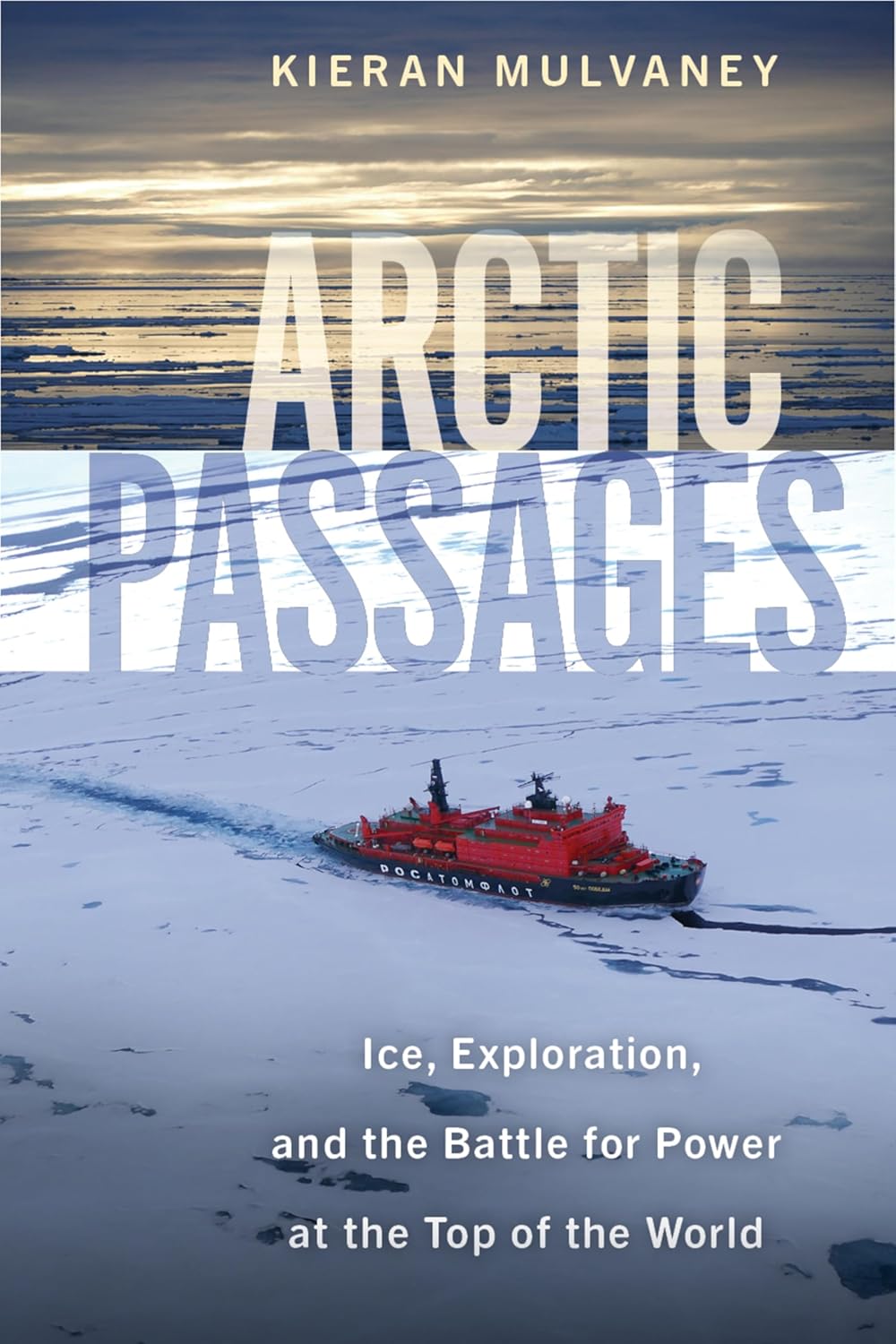
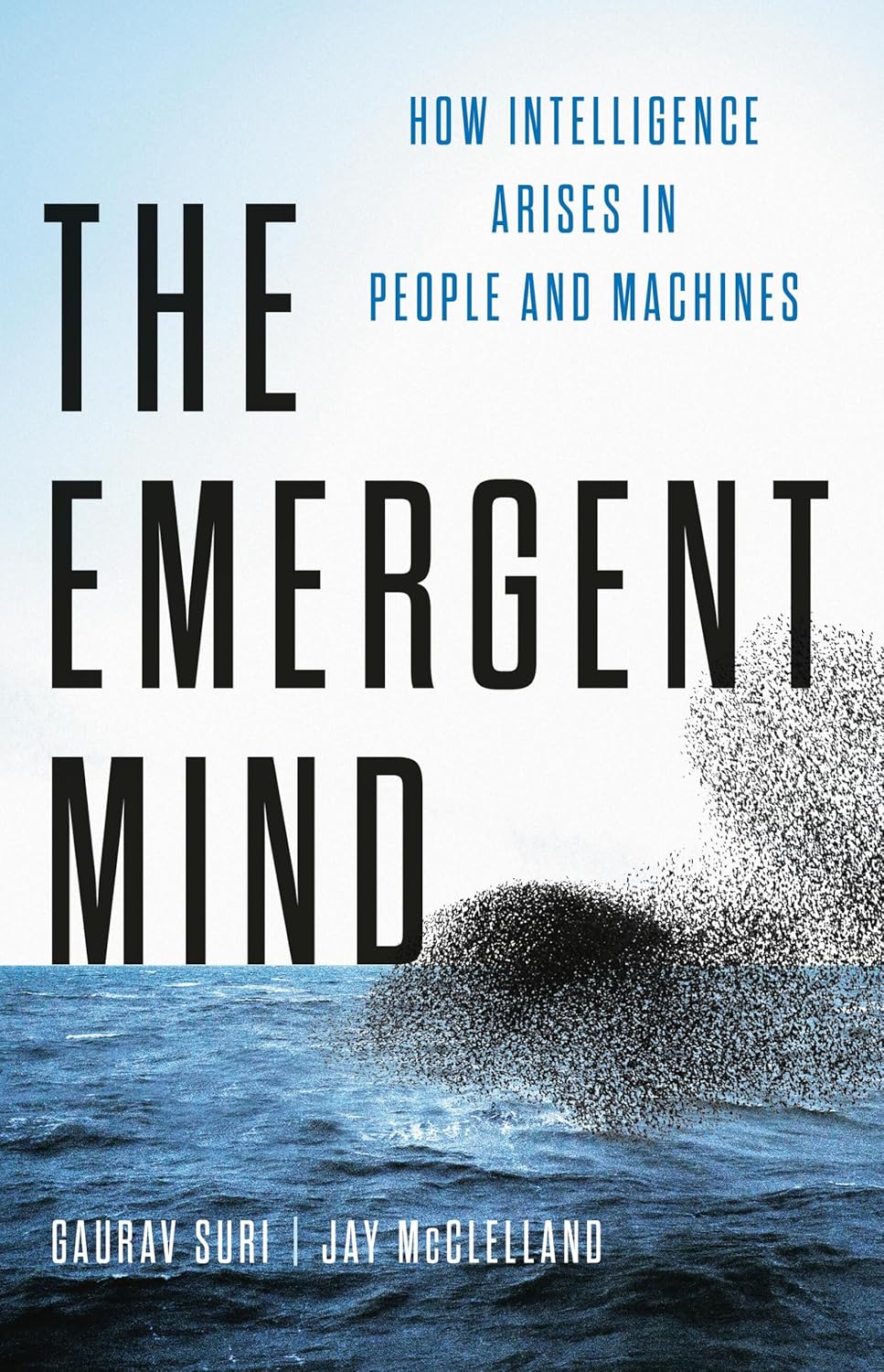


 The Tin Men: A Novel
The Tin Men: A Novel
